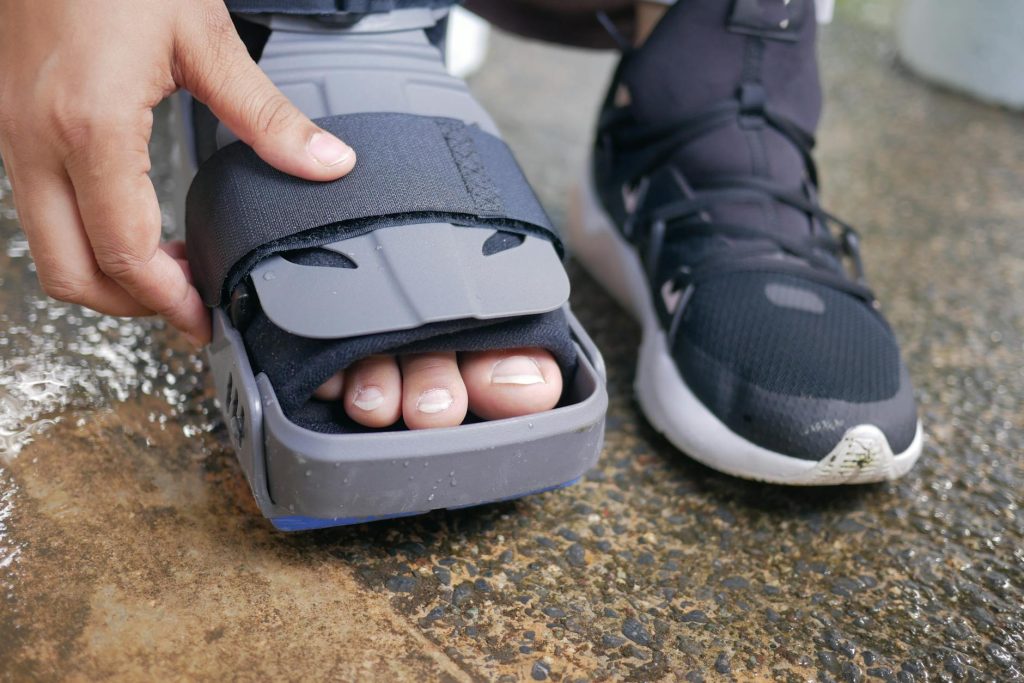For centuries, people have turned to nature for comfort, reflection, and healing. A walk through the forest, the sound of waves at the beach, or simply breathing fresh air has a way of calming the nervous system and restoring perspective. Today, science is confirming what ancient traditions have always known: nature itself can be a form of therapy.
For individuals in recovery from addiction, trauma, or mental health struggles, spending time outdoors is more than a pleasant escape. It is a powerful tool that reduces cravings, lowers stress, and builds resilience. Approaches like ecotherapy, wilderness therapy, and adventure-based recovery are transforming lives by reconnecting people to the natural world.
Why Nature Matters in Recovery
Addiction and trauma often pull people away from their bodies, relationships, and sense of meaning. Nature offers a path back.
Key Benefits of Nature Therapy
- Stress reduction: Time outdoors lowers cortisol, blood pressure, and heart rate.
- Improved mood: Natural light and fresh air boost serotonin and vitamin D.
- Craving control: Outdoor activity regulates dopamine, reducing relapse risk.
- Connection: Nature fosters awe, gratitude, and a sense of belonging.
- Resilience: Facing outdoor challenges builds confidence and problem-solving skills.
Even small doses—like 20 minutes in a park—can have measurable effects on mental health.
Ecotherapy: The Healing Relationship with Nature
Ecotherapy is a broad term that describes therapeutic practices rooted in connection to the natural environment.
Forms of Ecotherapy Include:
- Nature walks: Guided reflection while walking outdoors.
- Gardening therapy: Planting, nurturing, and harvesting as a form of healing.
- Animal-assisted therapy: Working with horses, dogs, or other animals in outdoor settings.
- Mindfulness in nature: Combining meditation with outdoor immersion.
The goal is not just to “spend time outside” but to develop a relationship with nature that supports emotional and physical well-being.
Wilderness Therapy: Deep Healing in the Outdoors
Wilderness therapy takes the healing power of nature even further by immersing individuals in outdoor expeditions.
Core Elements of Wilderness Therapy
- Extended stays in natural settings (days or weeks)
- Therapeutic group activities led by trained counselors
- Survival skills, hiking, and camping as metaphors for resilience
- Reflection, journaling, and group discussions around campfires
For people in recovery, wilderness therapy offers a unique reset. Without the distractions of daily life, individuals face themselves honestly, build confidence through challenge, and rediscover strength in nature’s rhythm.
Adventure-Based Recovery: Growth Through Challenge
Adventure-based therapy combines the principles of recovery with activities that challenge and inspire. These may include:
- Rock climbing
- Rafting or kayaking
- Ropes courses
- Hiking or mountain biking
These experiences push participants outside their comfort zones in a supportive environment. By facing physical challenges, clients also face psychological ones—learning that they can do hard things without substances or avoidance.
Adventure-based recovery builds:
- Confidence through achievement
- Teamwork through group challenges
- Resilience by overcoming fear and stress
- Joy through play and exploration
The Science Behind Nature Therapy
Research shows that spending time outdoors improves recovery outcomes by:
- Activating the parasympathetic nervous system (rest-and-digest state)
- Increasing natural killer cells that boost immunity
- Enhancing cognitive function and creativity
- Supporting neuroplasticity, the brain’s ability to rewire itself after trauma
This makes nature therapy not just a “nice addition” but a critical recovery tool.
Nature as a Spiritual Connection
For many people in recovery, nature also provides a sense of spiritual grounding. Whether it is awe at a mountain range, the peace of watching a sunrise, or gratitude for the ocean’s vastness, nature helps people feel part of something larger than themselves.
This sense of connection can be especially healing for those who have felt isolated, ashamed, or disconnected during addiction.
Integrating Nature into Everyday Recovery
You do not need to join a wilderness program to experience the benefits of nature. Even simple practices can make a difference:
- Take a mindful walk in a park and notice sounds, colors, and sensations.
- Start a small garden or care for houseplants.
- Spend a few minutes grounding barefoot on grass or soil.
- Practice outdoor meditation or yoga.
- Choose outdoor settings for support group meetings or journaling.
The key is intentionality—approaching time in nature as a healing practice, not just recreation.
When Nature Therapy Works Best
Nature-based therapies are especially effective for:
- People in early recovery who need stress relief and grounding
- Trauma survivors who feel disconnected from their bodies
- Teens and young adults who benefit from experiential learning
- Families looking for healthier ways to connect
- Anyone struggling with anxiety, depression, or burnout
Challenges and Considerations
Nature therapy is not a one-size-fits-all solution. Barriers may include:
- Accessibility for those in urban environments
- Physical limitations or medical conditions
- Weather or environmental safety concerns
Therapists and programs adapt practices to fit the individual’s needs—whether that means short urban walks, accessible gardening, or structured outdoor retreats.
Nature Therapy Combined with Other Approaches
Nature-based approaches work best alongside other therapies:
- CBT or DBT: Using outdoor settings to practice mindfulness and coping skills.
- Somatic Therapy: Grounding exercises paired with nature immersion.
- Polyvagal Therapy: Using natural cues of safety (birdsong, sunlight) to regulate the nervous system.
- Group Therapy: Building connection through shared outdoor experiences.
This integration creates holistic recovery that addresses mind, body, and spirit.
The Bottom Line
Nature is more than a backdrop—it is an active partner in healing. For individuals in recovery, spending time outdoors reduces cravings, lowers stress, restores resilience, and creates space for growth.
Whether through ecotherapy, wilderness therapy, or adventure-based recovery, reconnecting with nature offers a pathway to lasting healing.
Taking the Next Step
At TruPaths, we highlight recovery options that embrace the power of the natural world. From structured wilderness programs to simple mindfulness walks, nature can play a central role in building a healthier, more connected life.






